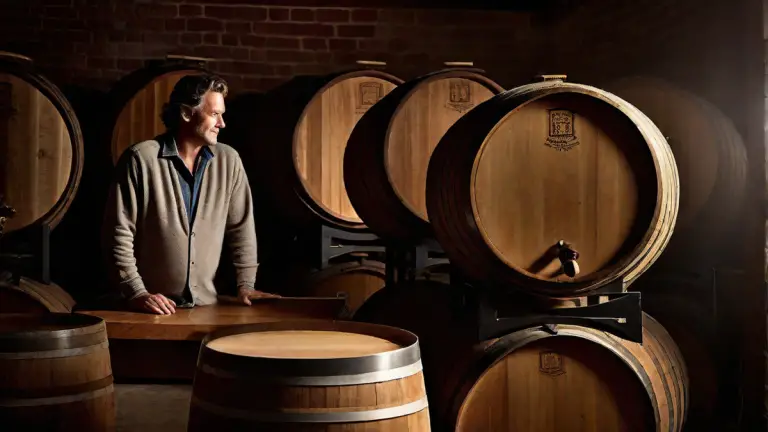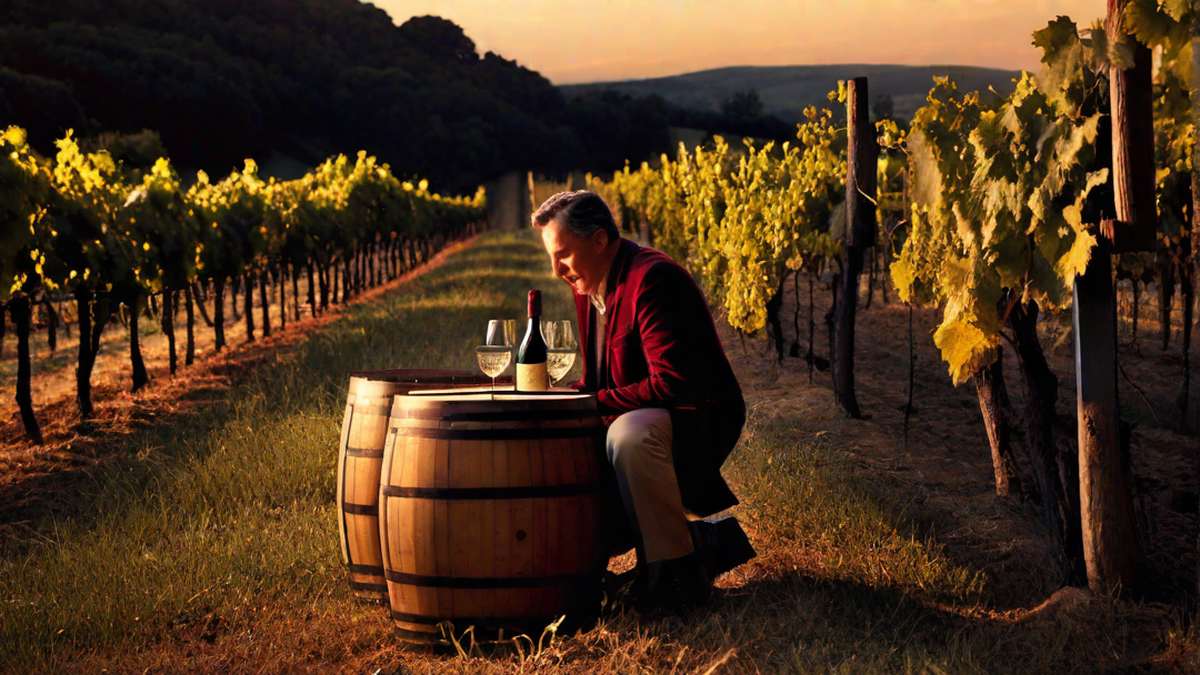Being a wine lover, I have always been captivated by the complex art of crafting wine. A crucial element that winemakers must take into account is fermentation. Fermentation is the organic process in which yeast metabolizes sugar in grape juice and transforms it into alcohol. Nonetheless, there are instances when winemakers may desire to cease fermentation in order to safeguard specific qualities or regulate the sweetness level in the end result. In this piece, I will examine the approaches and tactics employed to halt fermentation in the making of wine.
Understanding Fermentation
Before we dive into stopping fermentation, let’s take a moment to understand the process itself. When yeast is introduced to grape juice, it begins to feast on the sugar present in the juice, releasing carbon dioxide and alcohol as byproducts. Fermentation occurs until either all the sugar is consumed, or the alcohol level reaches a point where the yeast can no longer survive.
For winemakers, fermentation is crucial as it not only converts sugar into alcohol but also imparts flavors and aromas to the wine. However, there are instances when controlling or stopping fermentation becomes necessary.
Controlling Fermentation
Winemakers may opt to control fermentation to achieve specific objectives. One common reason is to retain a certain level of residual sugar in the wine, leading to a sweeter taste. To accomplish this, winemakers can employ several methods:
- Chilling: Lowering the temperature of the fermentation environment can slow down or pause the fermentation process. By keeping the wine at a colder temperature, winemakers can retain a higher level of residual sugar.
- Addition of Sulfur Dioxide (SO2): Sulfur dioxide is an antioxidant and antimicrobial agent commonly used in winemaking. By introducing controlled amounts of SO2, winemakers can inhibit the yeast’s ability to ferment the remaining sugar.
- Filtration: Filtration is another method used to stop fermentation by physically removing yeast cells from the wine. This process is often done through the use of specialized filters that can effectively separate yeast cells from the liquid.
Chilling: A Closer Look
Chilling is a widely used technique to halt fermentation in winemaking. By lowering the temperature of the fermentation vessel, winemakers can slow down or even temporarily pause the activity of yeast. This method is particularly effective when winemakers want to retain some sweetness in the final product.
When the wine is chilled, the yeast’s metabolic activity decreases significantly. At lower temperatures, yeast becomes less active and consumes sugar at a slower pace. However, it’s important for winemakers to closely monitor the temperature to prevent any unexpected changes in the fermentation process.
Once the desired level of residual sugar is achieved, winemakers can then warm the wine to a more suitable temperature, allowing fermentation to resume or undergo additional stabilization processes.
Conclusion
Stopping fermentation in winemaking is a delicate process that requires careful consideration and precise execution. Through techniques such as chilling, addition of sulfur dioxide, or filtration, winemakers can control the fermentation process to achieve specific characteristics in their wines. Whether it’s to preserve a certain level of sweetness or enhance the wine’s overall profile, these methods allow winemakers to craft wines that cater to their desired tastes and preferences. So, the next time you savor a glass of wine, take a moment to appreciate the meticulous work that goes into controlling fermentation and the artistry it brings to the bottle.




